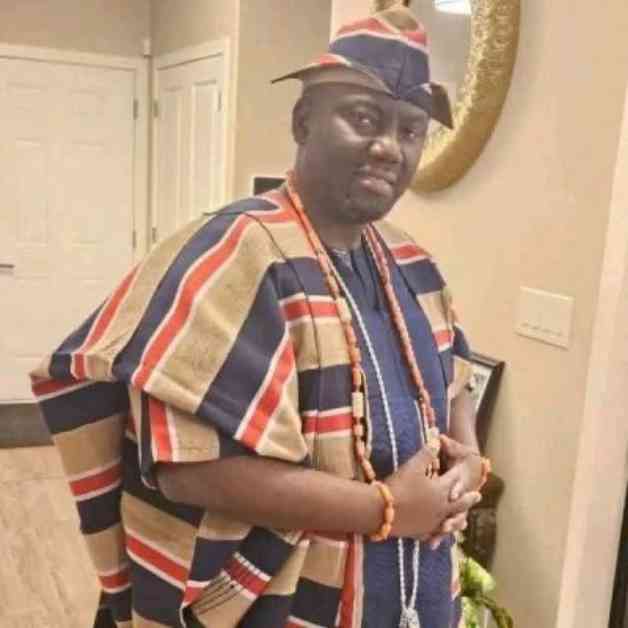Kingmakers Reject Owoade’s Appointment as Alaafin
Kingmakers in Oyo have vehemently opposed the recent appointment of Prince Abimbola Owoade as the new Alaafin by Governor Seyi Makinde. This decision has sparked controversy and raised questions about the legitimacy of the appointment process.
Legal Dispute Over Appointment Process
Five kingmakers from the town issued a statement on Friday, denouncing the appointment of Prince Owoade and declaring it null and void. According to them, they did not recommend his name to the state government. Instead, they had selected Prince Lukman Gbadegesin as the rightful heir to the Alaafin throne during a meeting on 30th September, 2022, in accordance with the Alaafin of Oyo Chieftaincy Declaration, 1961.
The kingmakers emphasized that the appointment of the Alaafin must adhere to strict legal protocols outlined in the Registered Alaafin of Oyo Chieftaincy Declaration of 1967. They expressed dismay over the government’s claim of wide consultation and divination in the selection process, stating that such practices do not align with the established customs governing the succession of the Alaafin.
Allegations of Unlawful Actions
In their statement, the kingmakers accused the Governor of orchestrating an illegitimate appointment process by convening a meeting with select kingmakers and warrant chiefs to approve Prince Owoade as the new Alaafin. They argued that this action was not only in violation of native laws and customs but also illegal, invalid, and void.
The kingmakers firmly asserted that the responsibility of appointing the Alaafin does not rest with the Governor but with the traditional selection process guided by longstanding customs. They highlighted their efforts to challenge the appointment through legal means, seeking to uphold the integrity of the chieftaincy tradition in Oyo.
Seeking Resolution Through Legal Channels
As the dispute over the appointment of the Alaafin continues to unfold, it remains to be seen how the legal proceedings will shape the future of the chieftaincy title in Oyo. The conflicting claims and allegations between the kingmakers and the state government underscore the complexities of tradition, governance, and legal authority in the selection of traditional rulers.
The clash between established customs and modern governance practices highlights the delicate balance between preserving cultural heritage and adhering to legal frameworks in matters of succession and leadership. As the community awaits a resolution to this contentious issue, the implications of this dispute extend beyond the individuals involved to the broader implications for traditional institutions and governance structures.















